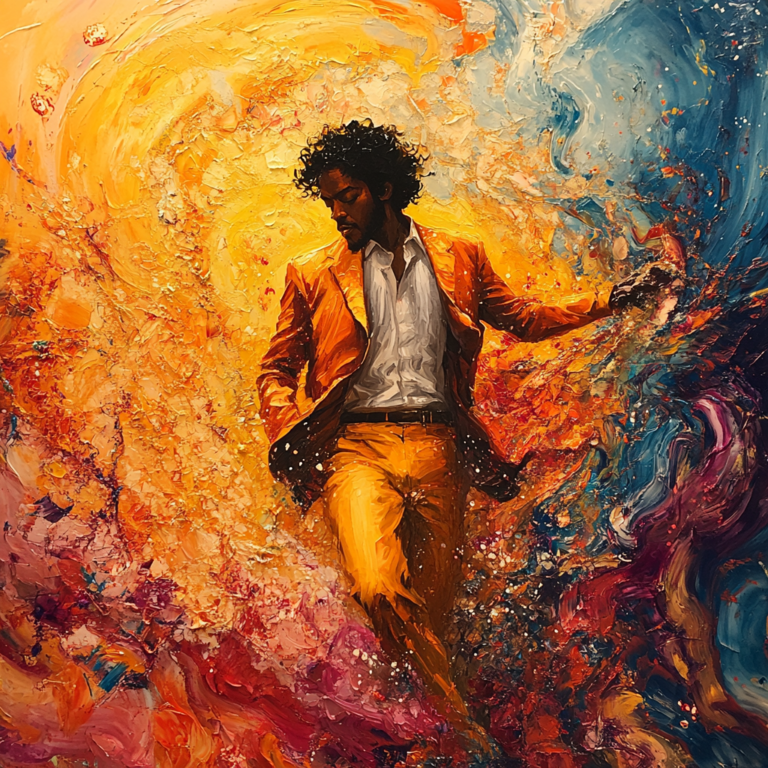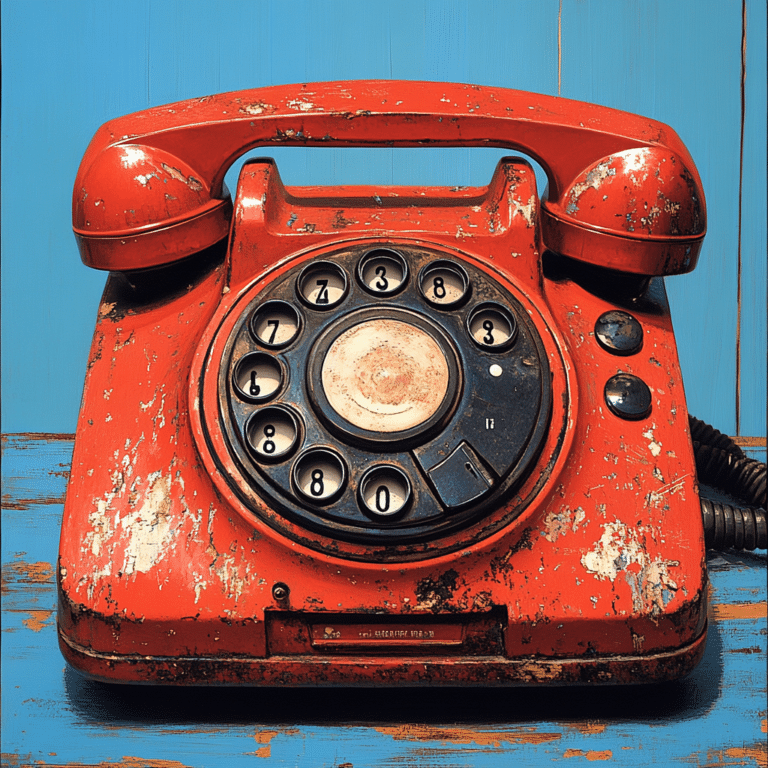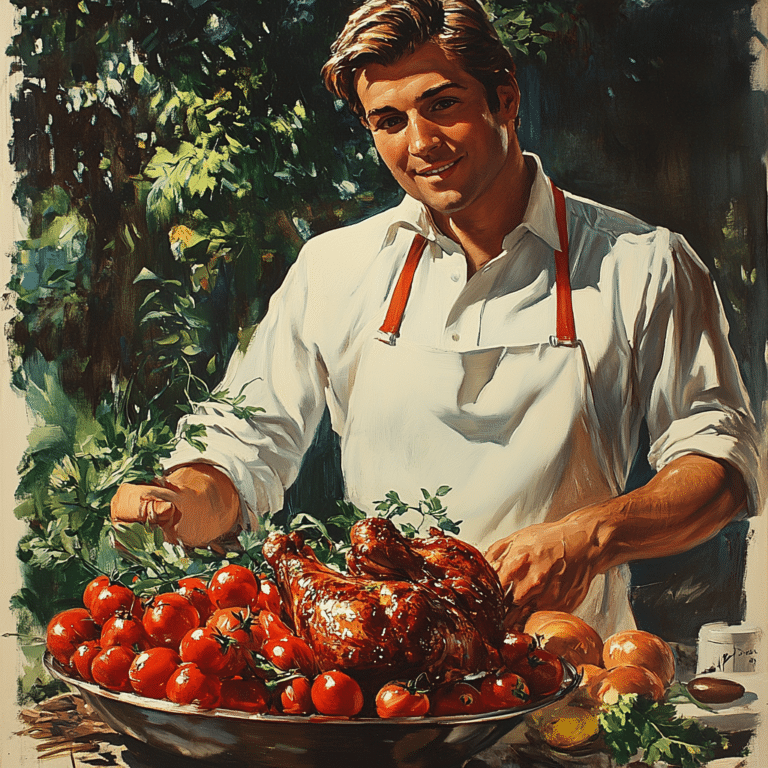Michael Jackson’s “They Don’t Care About Us” straightforwardly conveys themes of social injustice and alienation. Since its release in 1995, the song has sparked several debates and garnered widespread attention, leading to discussions that persist to this day. This article aims to dissect the layered meanings behind “They Don’t Care About Us” lyrics, exploring its controversial history, cultural impact, and renewed relevance.
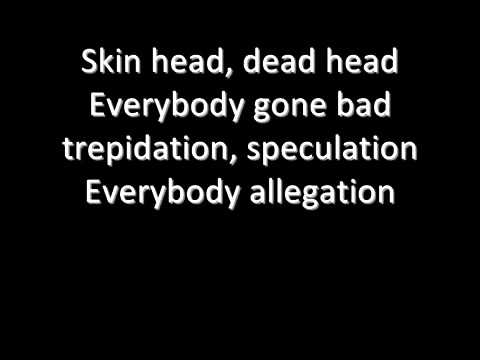
‘They Don’t Care About Us Lyrics’: A Mirror to Injustice
Michael Jackson crafted “They Don’t Care About Us” as a raw anthem against societal injustices. The lyrics present a narrative of marginalization and resistance that resonates profoundly amidst today’s global discussions on inequality.
Controversial Language and Public Outcry
Upon its release, the song received backlash due to its daring language. Specifically, the lines “Jew me, sue me, everybody do me, kick me, kike me, don’t you black or white me” were accused of being anti-Semitic. Jackson and his defenders fervently denied these claims, arguing that the lyrics aimed to critique rather than endorse discrimination.
The intensity of the controversy forced Jackson to issue multiple clarifications. The ensuing media storm demanded a response, leading Jackson to re-record the song and re-edit the video. Despite these changes, the debate around artist responsibility in sensitive cultural contexts lingered.
Reactions from Anti-Defamation League and Critics
The Anti-Defamation League was among the first to raise objections, followed by various media outlets. Their concerns pushed Jackson to make significant changes to the song. However, supporters of Jackson, including director Spike Lee, defended the artist, stating the song was fundamentally about highlighting social and political issues, not perpetuating hate.

Analyzing the Choreography and Visual Imagery
The track’s potent lyrics are amplified by its music video, directed by Spike Lee, which uses powerful imagery to underscore its message.
The Brazilian Connection
Jackson’s choice to film in Brazil’s most impoverished neighborhoods, the Dona Marta favela in Rio de Janeiro, and Pelourinho in Salvador, adds to the song’s authenticity. These locations highlight the stark contrast between Jackson’s mesmerizing performance and the backdrop of systemic poverty and police brutality. These visuals were not just a backdrop but a key part of the song’s narrative, underlining the universality of societal neglect and systemic oppression.
Spike Lee’s Direction
Spike Lee’s direction was an essential element in delivering the song’s message. His incorporation of authentic Brazilian cultural elements, such as the local percussion group Olodum, provided a unique layer to the video. This collaboration emphasized the global nature of the issues Jackson raised and appealed to a diverse audience.

| Category | Description |
| Artist | Michael Jackson |
| Album | HIStory: Past, Present, and Future, Book I |
| Release Date | March 31, 1996 |
| Song Genre | Pop, Protest Song |
| Themes | Pain of prejudice, hate, social and political issues, protest against injustices |
| Controversies | Allegations of antisemitic lyrics, media scrutiny in the US, Michael Jackson’s apologies and multiple clarifications |
| Music Videos | Directed by Spike Lee; filmed in Salvador de Bahia and Rio de Janeiro, Brazil, including the favela of Dona Marta, featuring the drumline Olodum |
| Critical Reception | Controversial, yet recognized for its powerful message and social commentary |
| Legacy | Remains one of Jackson’s most impactful protest songs, highlighting inequality and social injustice |
| Re-released Versions | Edited versions issued to address and remove contentious lyrics |
The Song’s Role in Modern Activism
Despite the initial controversy, “They Don’t Care About Us” has stood the test of time, finding renewed relevance in contemporary social movements.
Black Lives Matter and Global Protests
The song has since become an anthem in protests, including the Black Lives Matter movement. In 2020, amidst widespread demonstrations against racial inequality, the “They Don’t Care About Us” lyrics echoed through the streets. Activists found its themes eerily resonant with their struggles, cementing its place as a powerful protest anthem.
Influence on Artists and Culture
Michael Jackson’s work has significantly influenced contemporary artists. Figures like Beyoncé and Kendrick Lamar have drawn inspiration from Jackson’s protest-themed productions. This connection further solidifies “They Don’t Care About Us” as a cornerstone in the genre of protest music, continually influencing the work of modern artists.
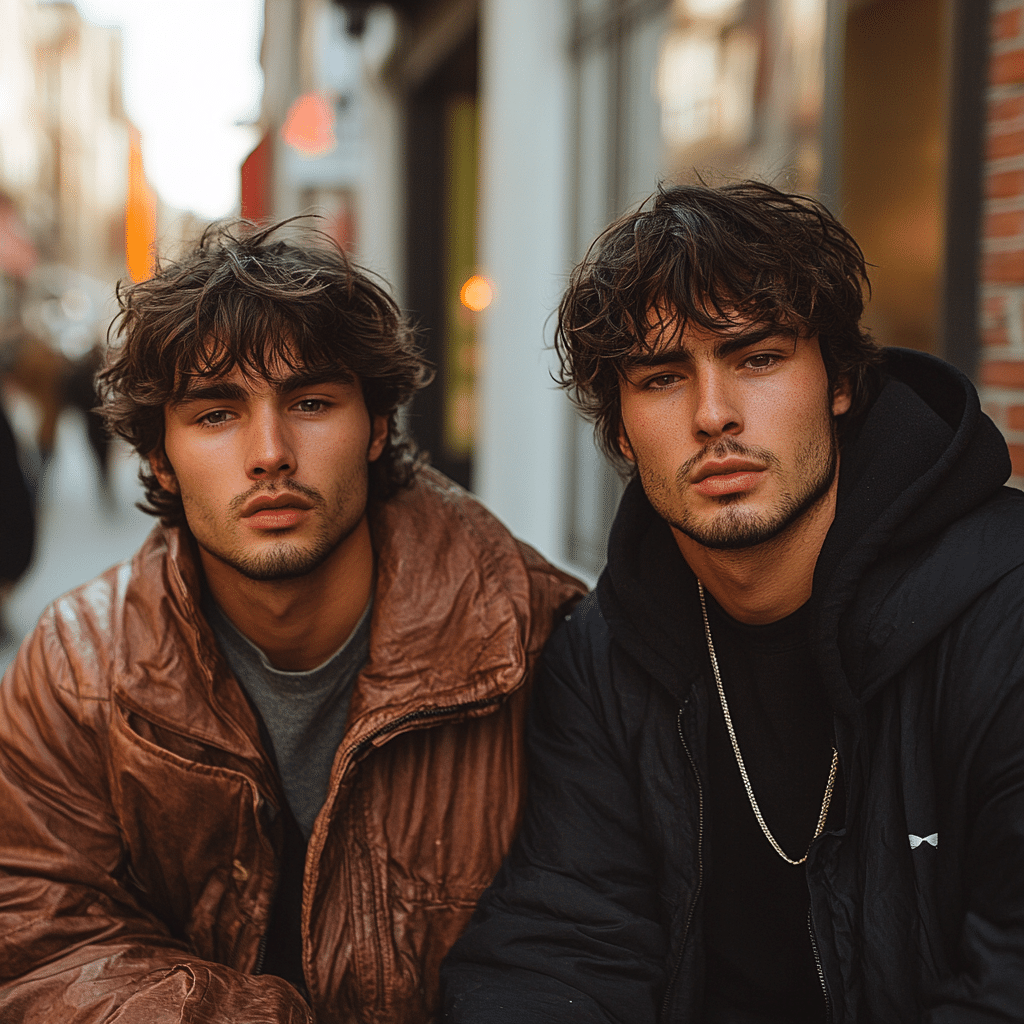
Deeper Interpretations and Academic Perspectives
Scholars and critics have examined “They Don’t Care About Us” from various angles, offering deeper insights into its lyrics and impact.
Sociopolitical Context
The song reflects the sociopolitical landscape of the 1990s, drawing parallels to events like the Rodney King beating and subsequent L.A. riots. Jackson’s observations of racial and economic disparities during that period are palpably embedded in the lyrics, making it a timely response to the injustices of that era.
The Role of Artists in Political Discourse
Academics have debated the responsibility of musicians in political discourse. Songs like “They Don’t Care About Us” demonstrate the power of pop culture in raising awareness about critical societal issues. Jackson’s willingness to tackle uncomfortable truths through his music highlights the importance of artistic courage in the face of adversity.
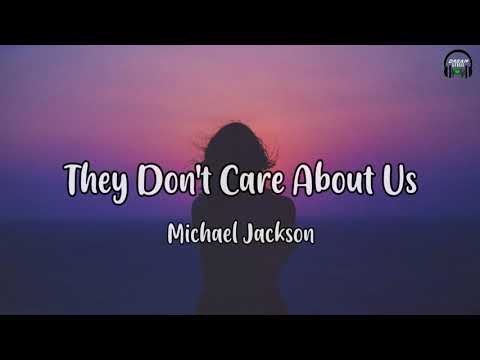
An Unyielding Legacy
Nearly three decades after its release, “They Don’t Care About Us” continues to evoke conversations about art, activism, and social justice. Michael Jackson’s protest song remains a stark reminder of past injustices and a call to action for future generations.
By urging listeners to confront uncomfortable truths, the “They Don’t Care About Us” lyrics invite a deeper exploration of the systemic issues that persist in society. Its legacy as a significant piece of protest art endures, inspiring us to reflect on past progress and the journey that lies ahead.
As it continues to resonate within global protests and the broader movement for social justice, the song has become even more relevant for newer generations. These discussions will likely be ongoing, reflecting the song’s importance in both historical and contemporary contexts. So whether you’re intrigued by its cultural impact or the layers crafted by Jackson’s poignant lyrics, “They Don’t Care About Us” remains a topic of profound significance.
For more insights into the connections between music and activism, consider exploring resources like The great cleric Manga and understanding historical alignments through relevant readings at The Catholic church in Paducah , Ky.
Looking into contemporary financial statistics? Learn about The current interest rate on Mortgages and its implications. Also, get inspired by contemporary artists like Alex Désert to find out how art continues to influence society.
They Don’t Care About Us Lyrics: Michael Jackson’s Controversial Protest Song
Background and Controversy
Michael Jackson’s “They Don’t Care About Us” is nothing short of an anthem for the marginalized. When the track first hit the airwaves, its fiery lyrics and raw emotion immediately sparked debates. Many felt Jackson daringly put a spotlight on societal injustices, with phrases so sharp they cut through the noise. Some critics, however, believed the song pushed boundaries a tad too far, leaving a swirling debate in its wake, almost like a tornado in Spanish.
Filming Locations and Global Impact
Jackson’s vision transcended mere lyrics; he took the message global by filming the song’s music video in two contrasting locations: a prison and the poverty-stricken streets of Brazil. These visuals were designed to underscore the pervasive nature of neglect and mistreatment. Some might recall how the Brazilian government initially tried to prevent the filming due to the potential negative light it cast on the country’s issues, echoing tensions that can feel as palpable as a night out at Tilted Kilt near me.
The Musical Legacy
Beyond the controversy, “They Don’t Care About Us” holds an enduring legacy in the world of music and activism. Its intense rhythms carve a permanent space in our memory, making the song a frequent choice for various protests and movements globally. The track’s lasting resonance is almost as surprising as finding out about an unexpected event like the Topgolf Baltimore sale.
Fun Trivia
Speaking of surprises, here’s a fun tidbit: the drum line in “They Don’t Care About Us” features a complex percussive pattern inspired by traditional African beats. This element added an authentic touch that appealed to listeners across the spectrum. Another interesting fact is the melody’s subtle use of Brazilian influences, giving it a unique edge comparable to the refreshing zing of Toronjil tea.
Michael Jackson’s “They Don’t Care About Us” remains a symbol of protest and resilience, melding musical genius with steely activism. Its legacy continues to spark conversations, making it an enduring fixture in the musical history books.
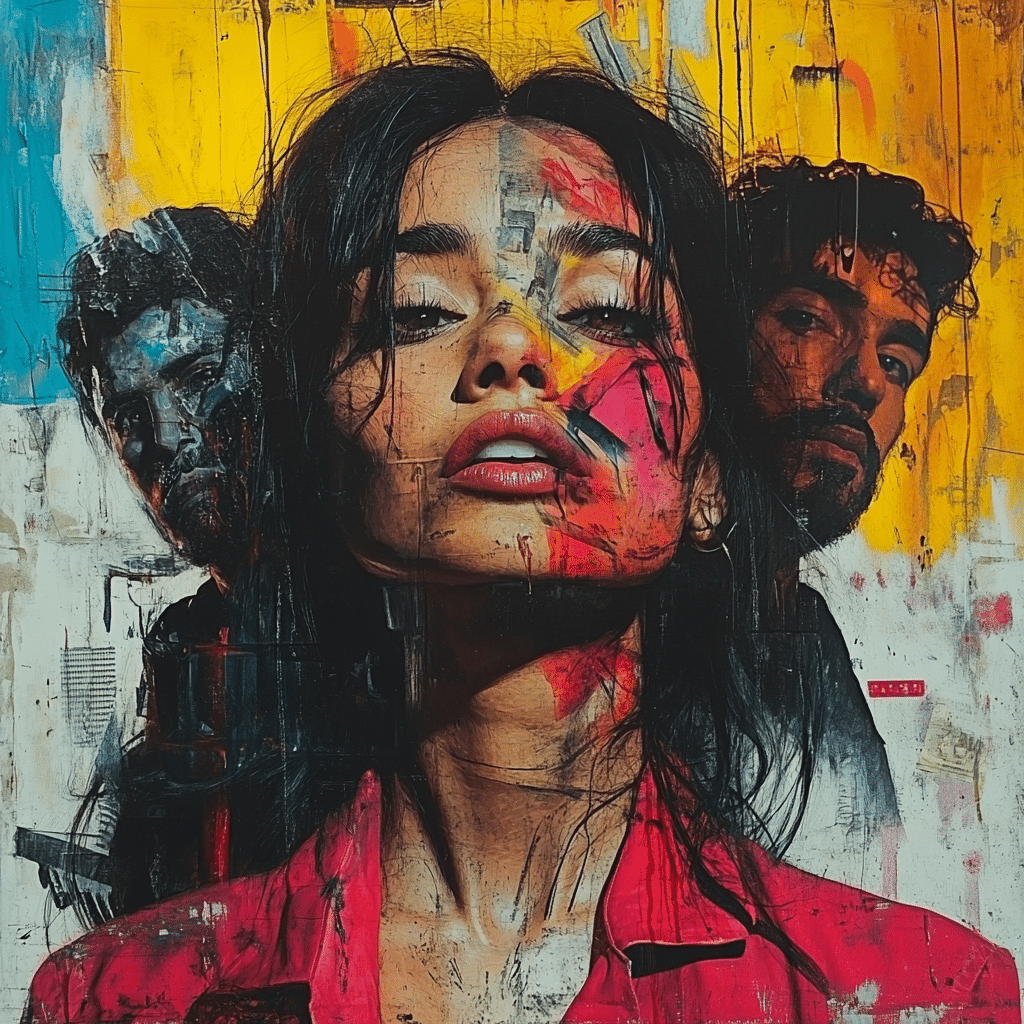
What is the message of they don’t care about us?
It talks about the pain of prejudice and hate, aiming to highlight social and political issues. It’s a protest song that stirred up a lot of controversies, especially because of allegations of antisemitic lyrics.
Why are they don’t care about us censored?
It got censored due to intense media scrutiny and accusations of antisemitism. Michael Jackson responded with clarifications, an apology, and re-released an edited version of the song.
Where did Michael Jackson film “They Don’t Really Care About Us”?
Michael Jackson filmed the most well-known versions of the song in Salvador de Bahia and Rio de Janeiro, Brazil, including the favela of Dona Marta.
What is Olodum Michael Jackson?
Olodum is a drumline ensemble known as a bloco-afro, rooted in Afro-Bahia carnival traditions, and they were prominently featured in Michael Jackson’s video.
What was Michael Jackson’s last song?
Michael Jackson’s last song is “Best of Joy,” which was reportedly one of the final tracks he worked on before his passing in 2009.
Why did Michael Jackson make the song “Black or White”?
Michael Jackson made the song “Black or White” to promote racial harmony and express that love and unity go beyond racial differences.
Did Michael Jackson write his own songs?
Yes, Michael Jackson wrote many of his own songs. He was deeply involved in the songwriting process for much of his music.
Why did Michael Jackson make Stranger in Moscow?
Michael Jackson wrote “Stranger in Moscow” while feeling isolated and unfairly treated during his 1993 world tour amid various controversies.
Which is the most censored anime?
“Shoujo Tsubaki,” also known as “Midori,” is often cited as the most censored anime due to its disturbing content and extreme violence.
Was Michael Jackson really Singing Live?
Yes, Michael Jackson often sang live during his performances, although he sometimes used pre-recorded tracks to support his voice during more demanding dance routines.
Where did Michael Jackson hang his kid from?
Michael Jackson unfortunately dangled his son, Blanket, over the balcony of a hotel room in Berlin, which led to significant public backlash.
Where is Michael Jackson resting?
Michael Jackson is resting at Forest Lawn Memorial Park in Glendale, California.
Why did Michael Jackson always say Shamone?
Michael Jackson said “Shamone” as a stylized way of saying “come on,” inspired by soul singer Mavis Staples’ delivery.
Why did Michael Jackson have to wear a wig?
Michael Jackson wore a wig due to hair loss and scalp damage he suffered after being burned filming a Pepsi commercial in 1984.
What ethnicity is Michael Jackson?
Michael Jackson identified as African-American, although his appearance changed significantly over his lifetime due to vitiligo and plastic surgery.






